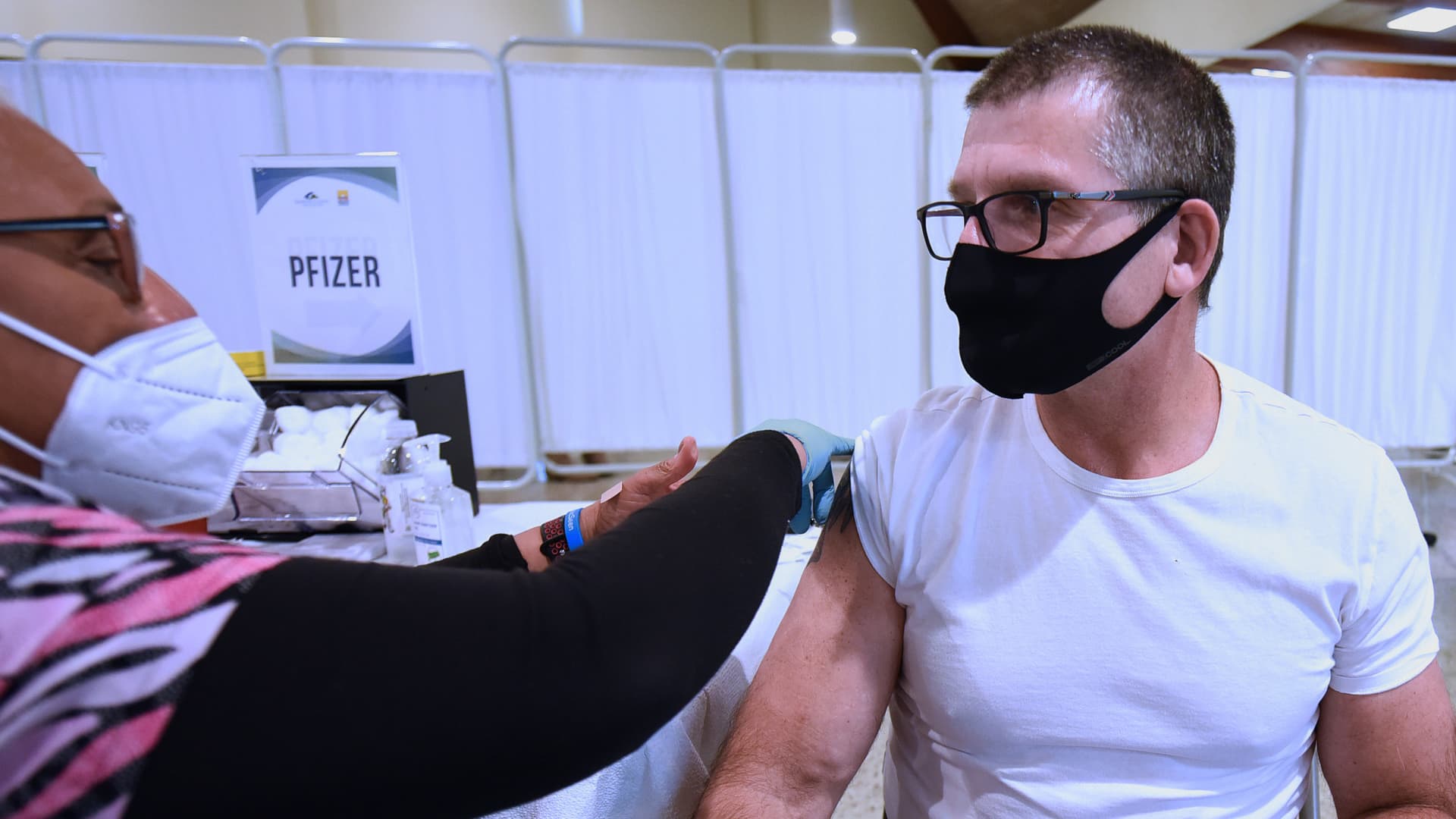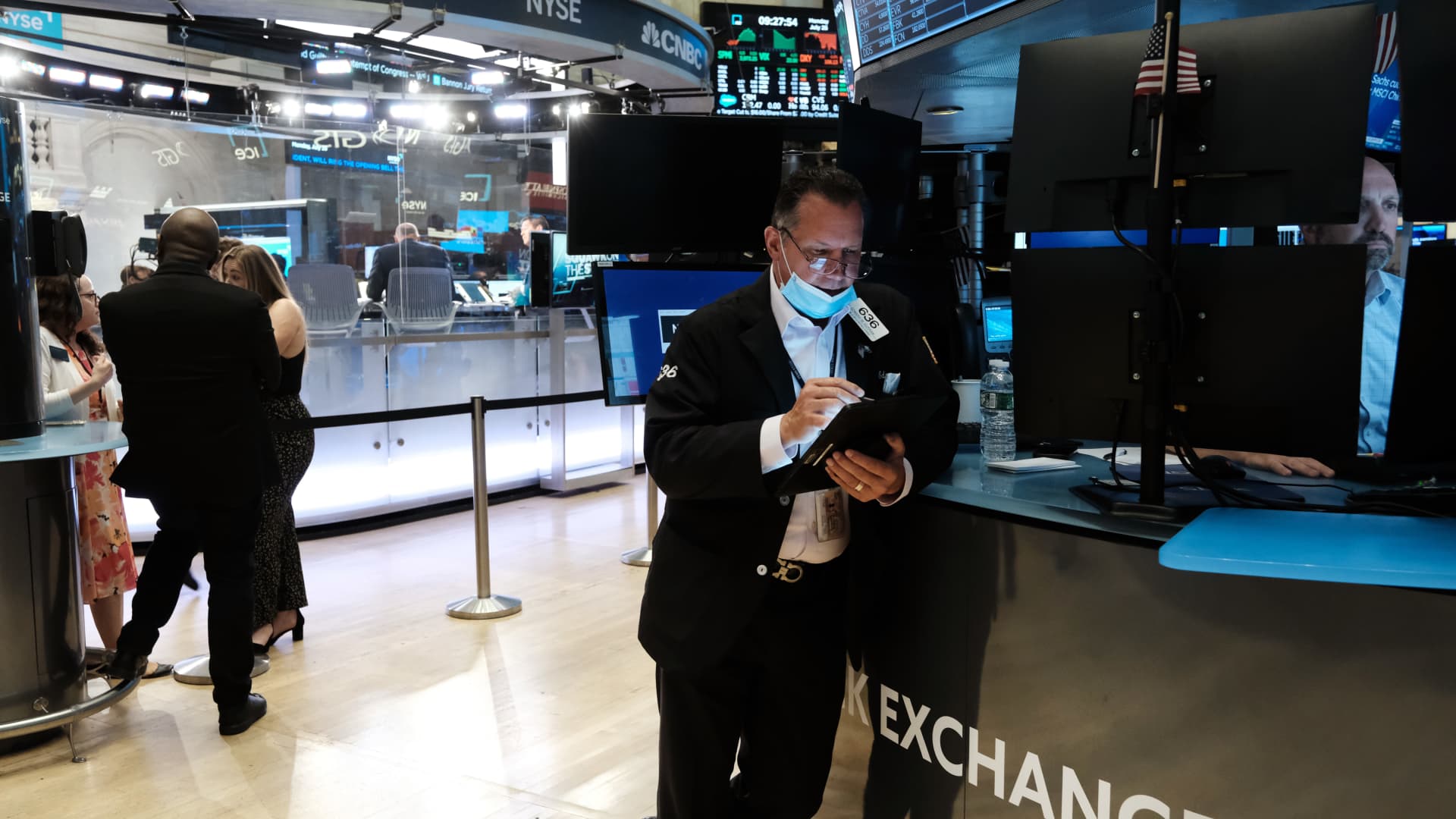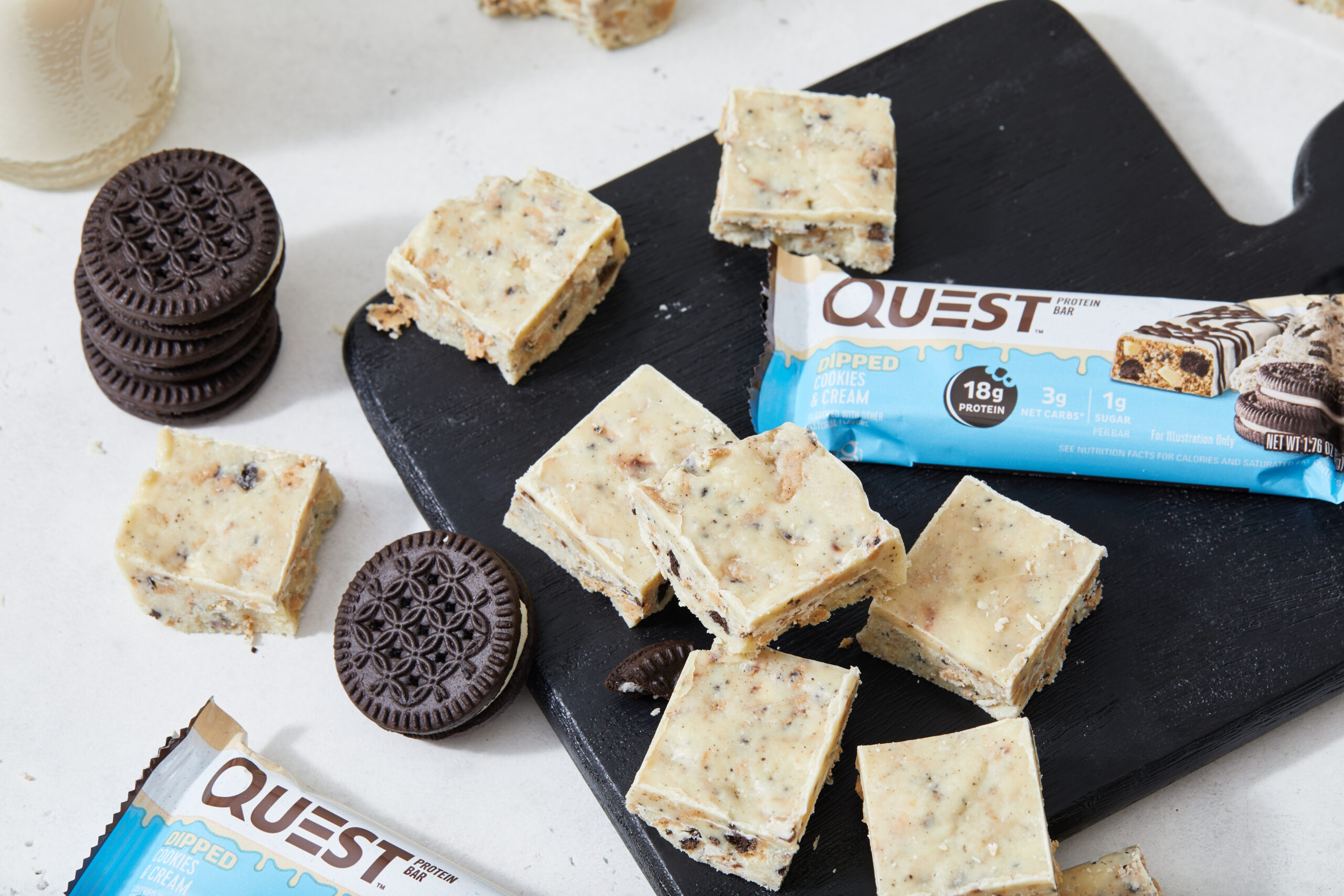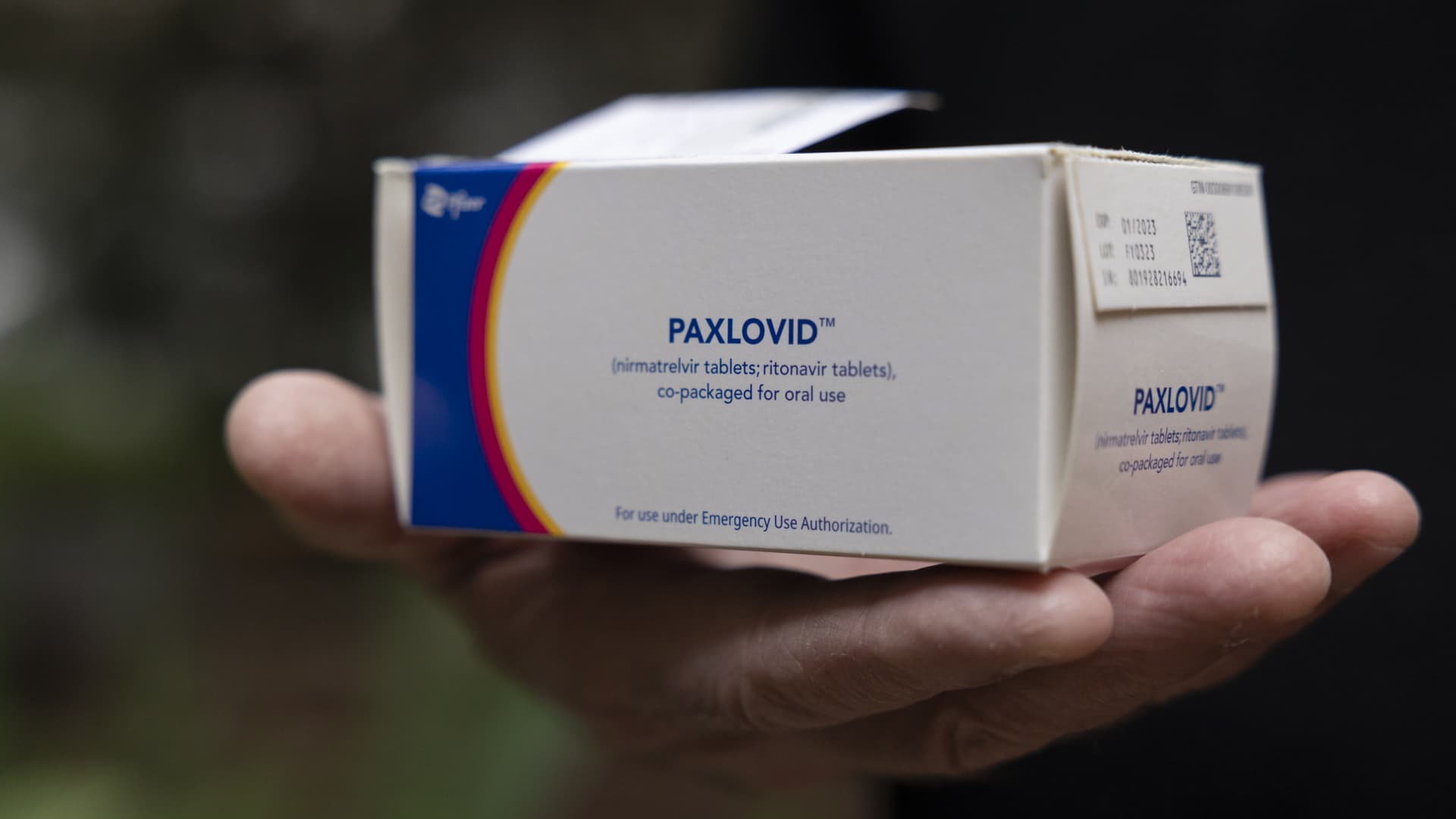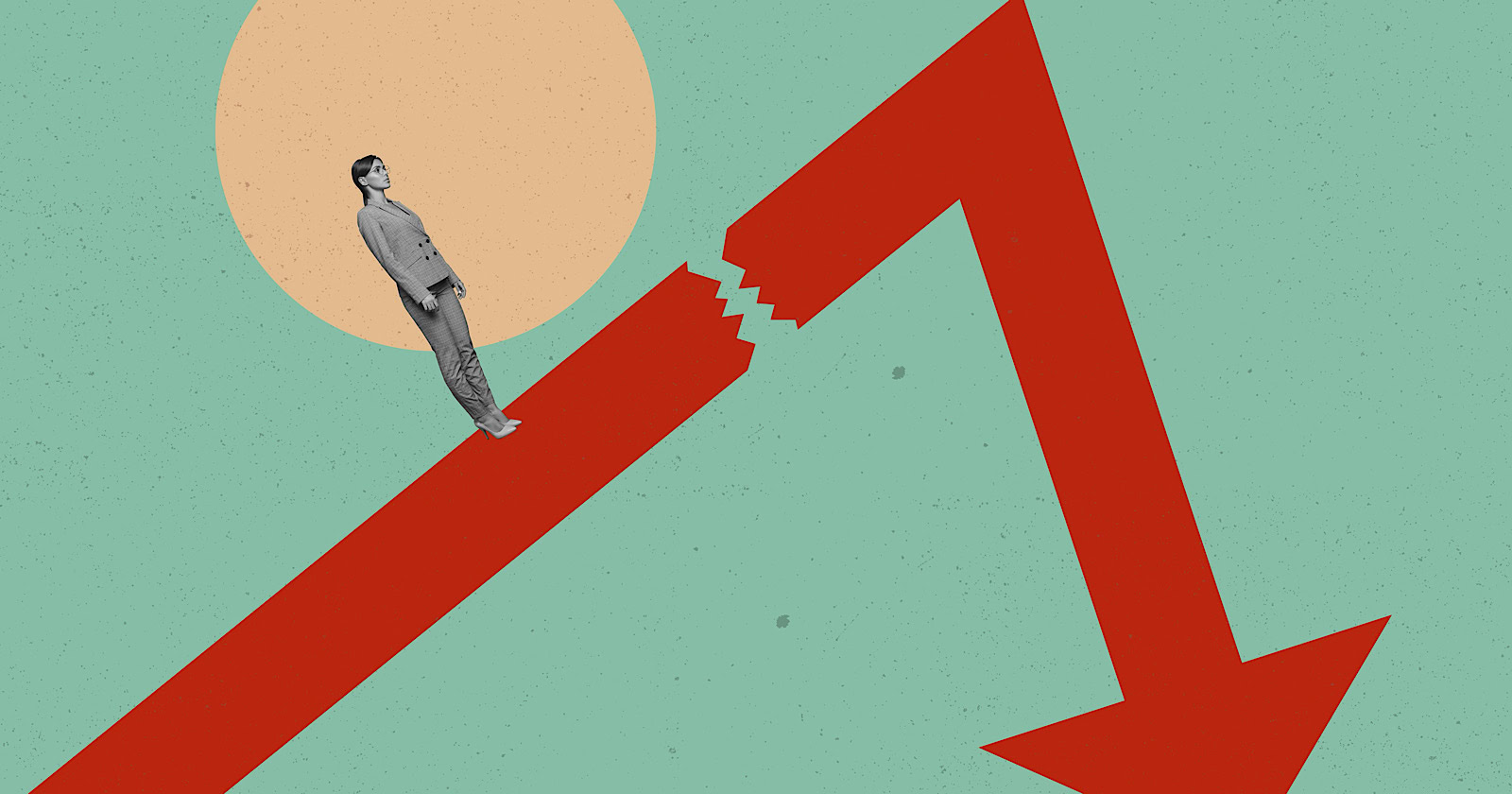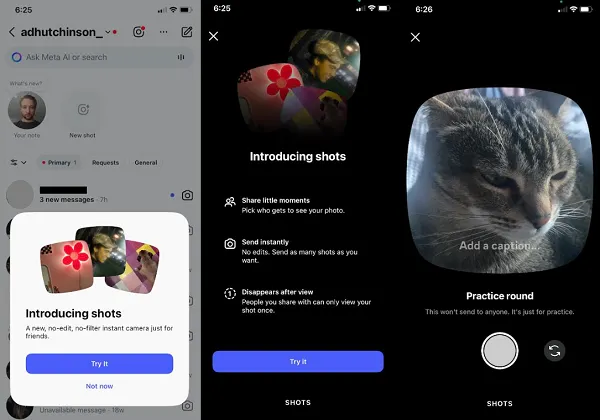Eli Lilly weight loss drug Zepbound now available at pharmacies as rival Wegovy faces shortages
Eli Lilly's drug serves as an alternative to rival obesity drugs such as Wegovy that are still facing supply issues.
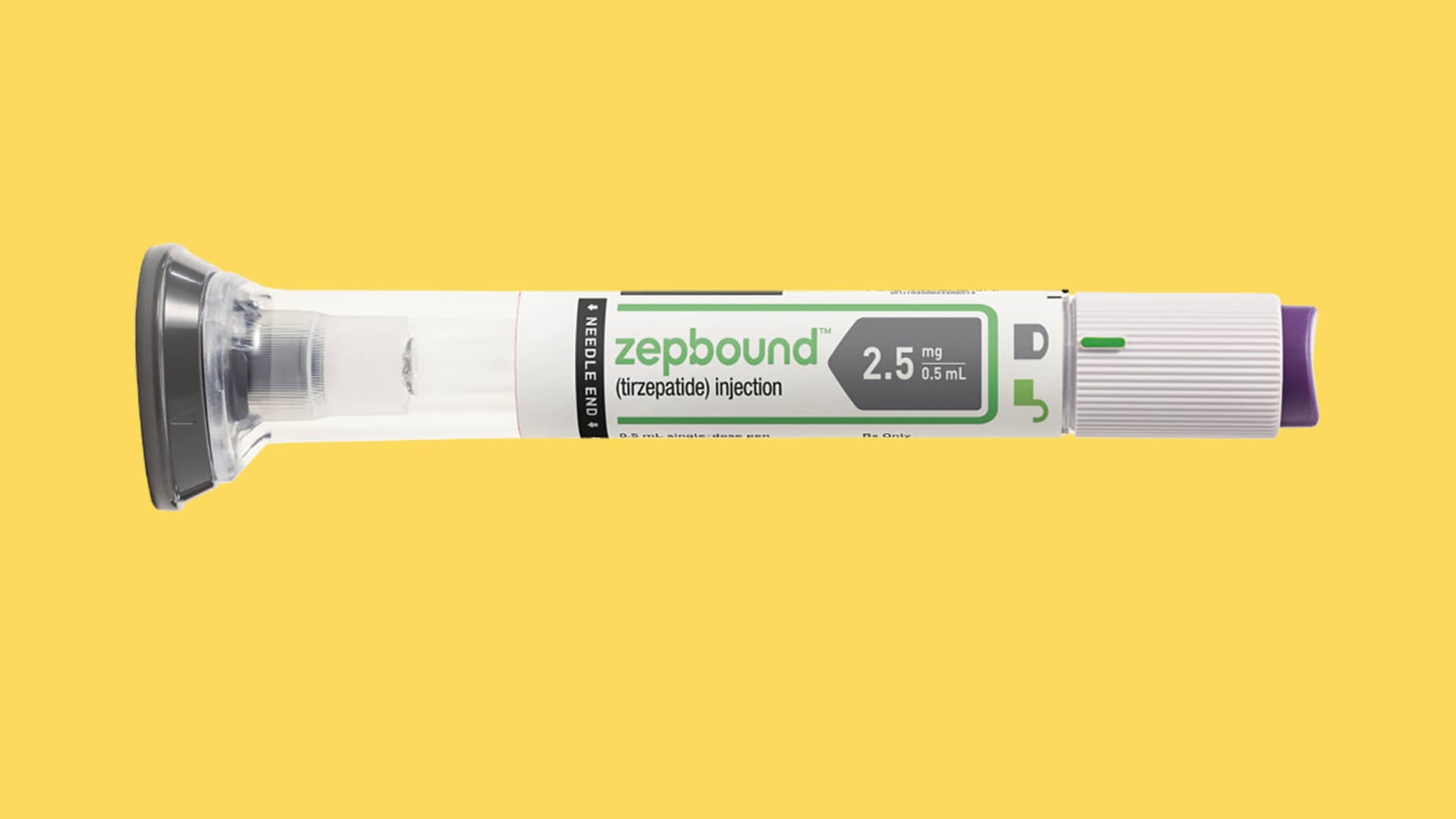
The FDA approves Eli Lilly's Zepbound, a weight loss drug similar to Ozempic and Wegovy.
Courtesy: Eli Lilly
Eli Lilly on Tuesday said its recently approved weight loss treatment Zepbound is now available at pharmacies across the U.S., serving as an alternative to rival obesity drugs such as Wegovy that are facing supply issues.
Zepbound is the latest entrant to the budding weight loss drug market, which Wall Street expects to grow to about $100 billion by the end of the decade.
High demand for the treatments has resulted in widespread shortages of Novo Nordisk's Wegovy and diabetes drug Ozempic as well as Eli Lilly's diabetes treatment Mounjaro, pushing companies to ramp up production. Those ongoing supply issues give Zepbound, which contains the same active ingredient as Mounjaro, an opportunity to capture market share.
Eli Lilly also said in a release that its commercial savings card program, which aims to expand access to Zepbound, is now available to patients with a prescription.
Under the program, patients whose health insurance covers Zepbound may pay as low as $25 for a one- or three-month prescription of the weekly injection. Those whose insurance does not cover Zepbound may pay as low as $550 for a one-month prescription — about half the drug's list price.
Also on Tuesday, Eli Lilly said Zepbound was added to the preferred formulary, or list of covered drugs, of a major drug benefits company, Cigna.
Zepbound will be added to the commercial formularies of Cigna's health-care business on Dec. 15, according to Eli Lilly.
"The availability of Zepbound in U.S. pharmacies is the first step, but we have to work hand-in-hand with employers, government and healthcare industry partners to remove barriers and make Zepbound available to those who need it," said Rhonda Pacheco, Eli Lilly's group vice president for diabetes and obesity, in a statement.
Zepbound is an injection administered once weekly. The dosage must be increased over a period of four to 20 weeks to achieve the target dose sizes of 5, 10 or 15 milligrams per week.
The drug works by activating two naturally produced hormones in the body: glucagon-like peptide 1, known as GLP-1, and glucose-dependent insulinotropic polypeptide, or GIP.
The combination is said to slow the emptying of the stomach, making people feel full for longer and suppressing appetite by slowing hunger signals in the brain.
Don't miss these stories from CNBC PRO:

 Tekef
Tekef 







